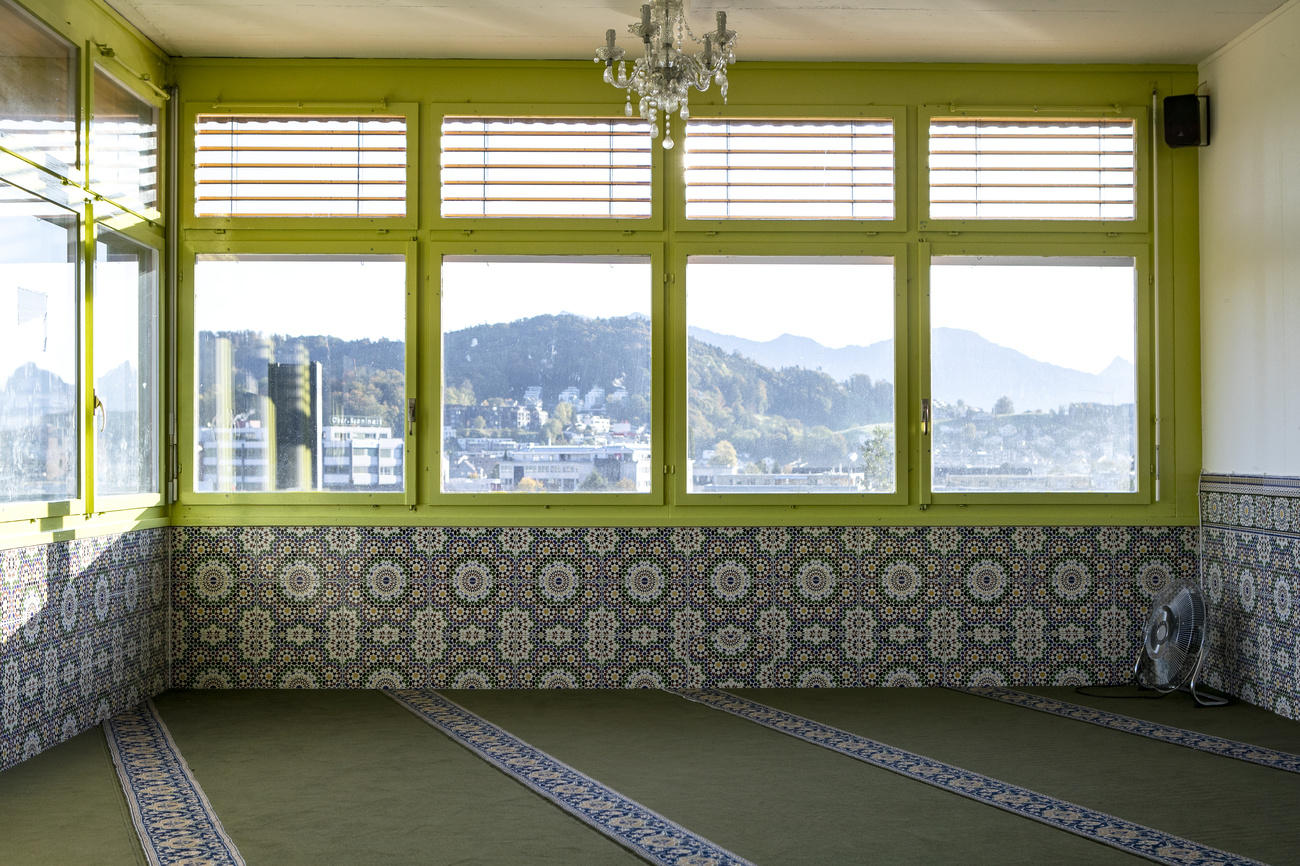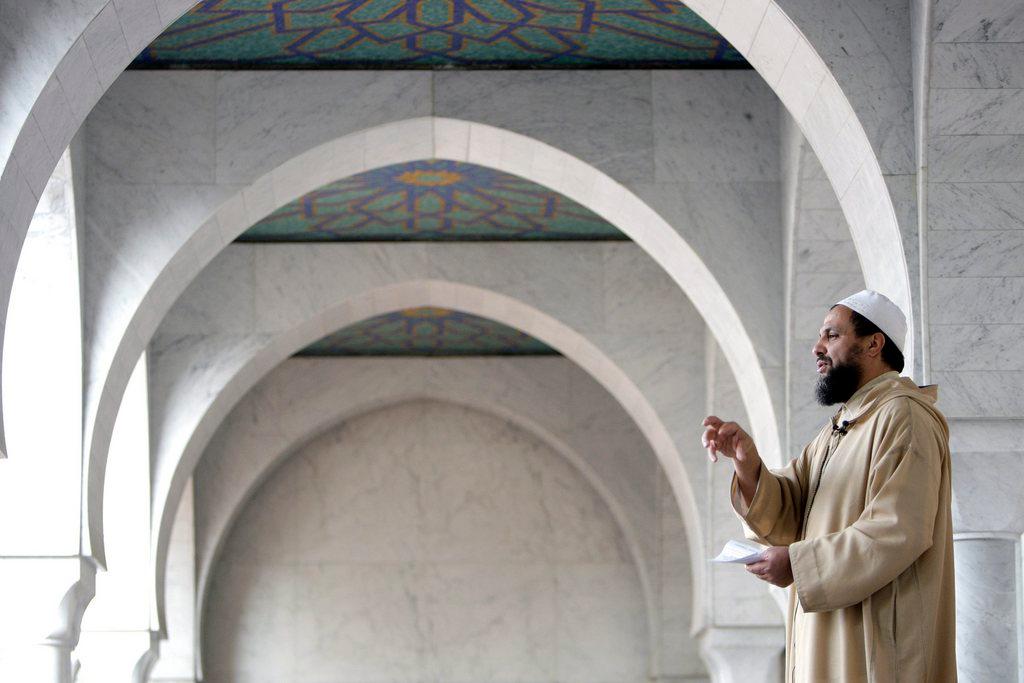
‘Importing’ foreign-trained imams can cause problems

Around 130 imams are active in Switzerland, mostly Sunnis, and many of whom receive their religious training abroad in the Balkans, Turkey, Egypt and Saudi Arabia, an in-depth university study has reported.
Research by the Swiss Centre for Islam and Society (SZIG) at the University of FribourgExternal link has shown that 130 imams are active in mosques and other places of prayer in Switzerland.
Almost all are Sunnis, and almost half are of Turkish origin. The Albanian-speaking community – mainly from Kosovo and northern Macedonia – are catered to by 40 imams, 30 of whom work full-time. There are also 13 of Bosnian origin, and 15-20 from the Arab world.
There is currently no standard training programme for imams in Switzerland, and most of them receive their religious training abroad. Aside from theological considerations, the choice of study location is made due to economic factors such as scholarships, the opportunity to learn Arabic and personal motivation, the researchers found.
Most training takes place in the Balkans, Turkey, Egypt and Saudi Arabia. For example, a dozen imams – mainly of Albanian origin – have received training in Saudi Arabia, which provides generous scholarships to some young imams, especially those from low-income regions of former Yugoslavia.
Importing imams
The authors of the study, financed by the foreign ministry, said the biggest challenge for Islamic communities in the different linguistic regions in Switzerland is to find imams who meet the right social and religious requirements.
But the lack of adequate practical training for imams in Switzerland and other European countries means that Muslim communities often turn to candidates trained further afield.
And because of the diversity of background, the differences in mentality and education are immense. “The field of imams is an almost unmanageable thicket,” said SZIG Director Hansjörg Schmid to the Neue Zürcher Zeitung newspaper.
Last month, the Dar Assalam mosque in Kriens, near Lucerne, was forced to let go its imam, who was accused of inciting violence against women. The Islamic community of Kriens admitted that the need to “import” imams from abroad could sometimes lead to “casting errors”.
This said, the authors of the study also write that “piecemeal judgements based on where an imam was trained are not helpful.” Imams should be considered individually, and with varying motivations and training needs, they say. They propose a model based on incentivizing imams to continue receiving further education.

More
Do imams need Swiss training?

In compliance with the JTI standards
More: SWI swissinfo.ch certified by the Journalism Trust Initiative






























You can find an overview of ongoing debates with our journalists here . Please join us!
If you want to start a conversation about a topic raised in this article or want to report factual errors, email us at english@swissinfo.ch.